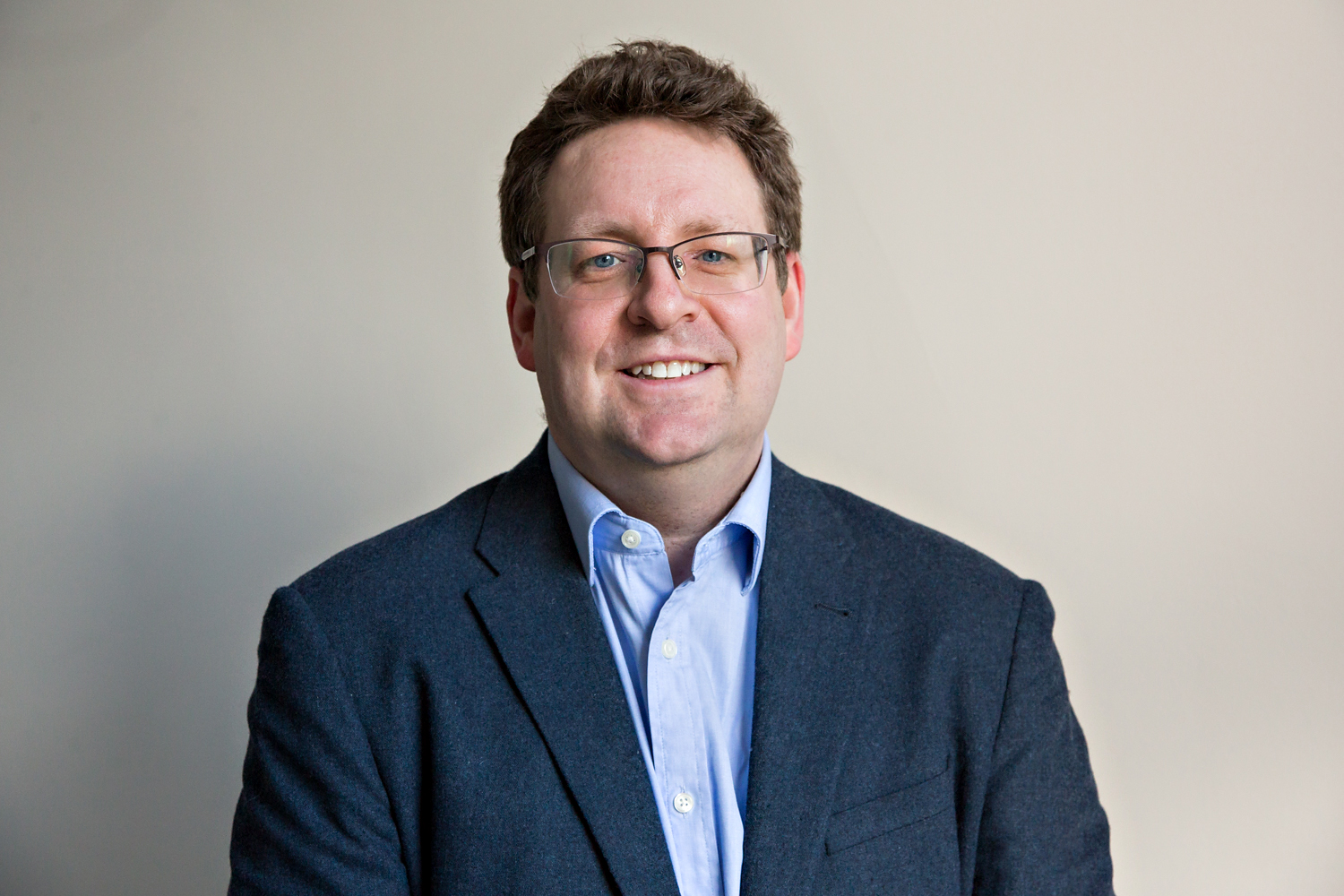What caught my eye about this judgment was the comment about the need for expert evidence to establish breach of duty in a lawyers professional negligence case:
http://www.bailii.org/ew/cases/EWHC/QB/2018/2034.htm
The claim was always going to be a tall order, alleging negligence by leading firm Leigh Day, which had in turn instructed eminent leading counsel, in its representation of a family at an inquest. Mrs Justice Andrews dismissed the claim in characteristically forthright terms.
At paragraphs 8 and 9 the judge said:
” It is not enough to show that a different solicitor may have taken a different view or a different course, let alone that the client felt that the solicitor could have done more. That is why the court will rarely hold a professional to be in breach of duty in the absence of assistance from a suitably qualified expert who can explain why in his or her opinion the acts or omissions complained of fell below the standard of professional competence that would have been expected in those circumstances. No expert evidence was called in this case.
Of course, not every case of professional negligence requires expert evidence to support it, and there may be cases where the breach of duty is obvious, for example where it is possible to demonstrate, by reference to established authority, that the wrong legal advice was given, or where the solicitor fails to issue proceedings within the limitation period that would otherwise have had a realistic prospect of success. However, this is not such a case.”
In claims against other types of professional, it is uncontroversial that expert evidence on breach will be required. However, special principles have applied to lawyers negligence claims. These are well summarised in Jackson & Powell, at 11-149. Courts do not want experts to tell them what the law is, or to tell them what they personally would have done. In Bown v Gould & Swayne [1996] PNLR 130, Millett LJ commented scathingly on expert evidence in a negligence claim against a conveyancer :
“If it is necessary to assist the judge to understand the proper machinery for the deduction and investigation of title, the proper way to do it is to cite the textbooks such as Emmett, Farrand, Williams and Dart, if necessary supplemented by Law Society opinions. In fact, this is a straightforward case in which I doubt that even such references would be necessary. I deplore the suggestion that it is either helpful or necessary to call evidence from high street solicitors whose individual practices may be eccentric and differ and whose practice certainly does not make the law of the land.”
In principle, expert evidence as to the standard practice of lawyers will be admissible, but in Football League Ltd v Edge Ellison [2007] PNLR 2, Rimer J held that expert evidence in relation to the negotiation of sports rights agreements was inadmissible as it did not in fact prove any standard practice.
This is a thorny issue in lawyers professional negligence claims. I am sure that defendants often feel that courts hold them to unrealistically high standards, as judges, who were themselves eminent practitioners, approach the issue by reference to how they think they themselves would have acted. Lawyers and their insurers will surely welcome the judge’s comments, particularly the emphasis on the difficulty in establishing a failure to meet standards where the exercise of judgment is involved.
Getting evidence of what a different practitioner would have done would be easy, but that would be inadmissible.
Getting evidence of a standard practice is likely to be difficult. Where what is said to have gone wrong is part of a “process” – a routine conveyancing transaction, issuing an application etc – there may be a practice. But there is not going to be any sort of standard practice as to how to conduct an inquest, it will be case specific.
I would therefore respectfully question whether it would have been realistic to have applied for expert evidence in this case. The judgment does give pause for thought to Claimants in lawyer’s professional negligence claims: should they be trying to get expert evidence? If not, will they be able to persuade the court that the alleged error was sufficiently glaring that it doesn’t need an expert to say so.

